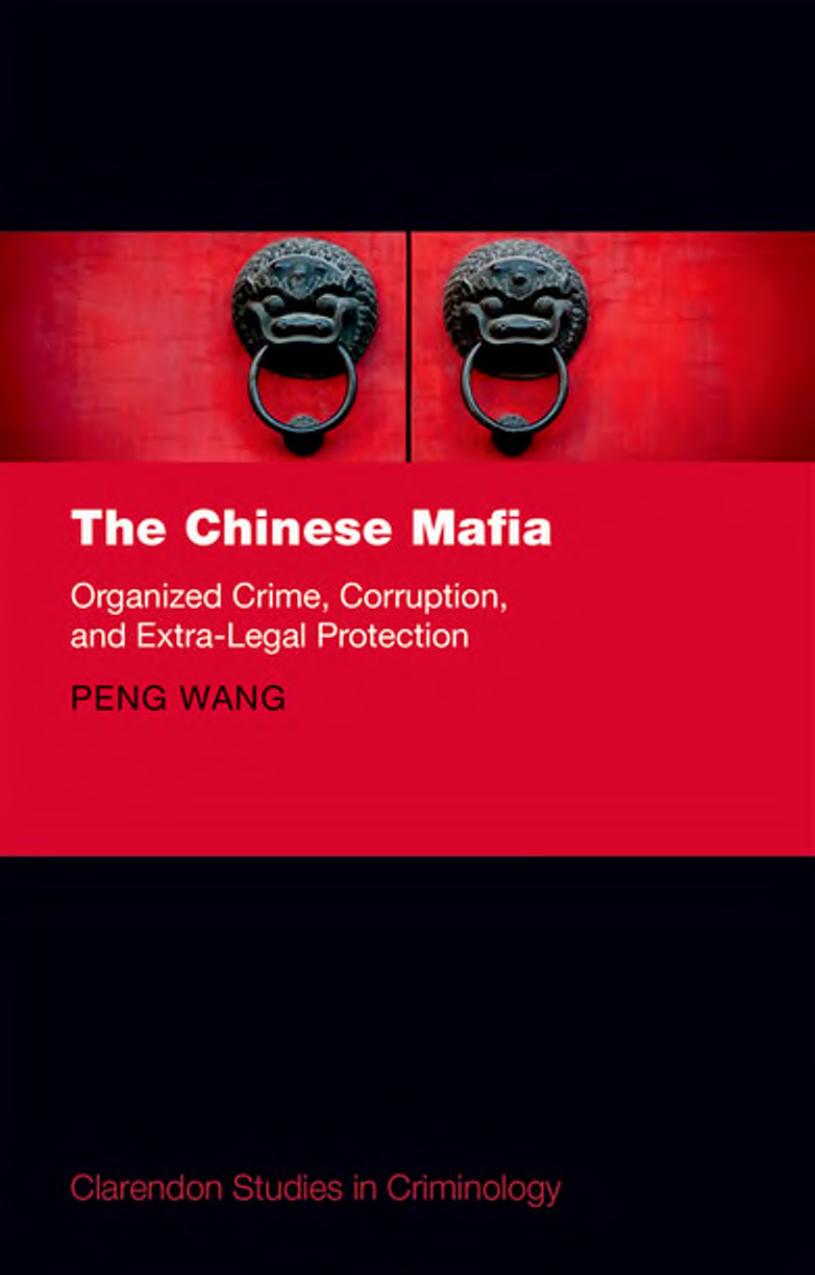The Chinese Mafia; Organized Crime, Corruption, and Extra-Legal Protection by Peng Wang

Author:Peng Wang [Wang, Peng]
Language: eng
Format: epub, pdf
Published: 0101-01-01T00:00:00+00:00
Enforcing loan repayment
The existing literature suggests that informal financial institutions can substitute for formal financial systems (Chen and Touve 2011; Tsai 2007). Informal lending institutions in China can be divided into two main types: (1) interpersonal lending (minjian jiedai) which is âlargely legal and very commonly used by among entrepreneursâ; and (2) informal lending by private money houses and underground banks that âcharge very high interest rate above the state-mandated interest rate ceilings and are thus banned by the Peopleâs Bank of Chinaâ (Ayyagari et al. 2010: 3054).
Underground banks are illegal but active in Chinaâs coastal provinces where private firms prosper (Tsai 2004). Their illegal status makes underground lending organizations reluctant to resort to state-sponsored monitoring and enforcement mechanisms. Underground lending organizations, therefore, are more likely to ârely on trust, reputation or coercion and violence for payment of loansâ (Ayyagari et al. 2010: 3055). That is to say, extra-legal protection and quasi law enforcement offered by street gangsters contribute to the prosperity of underground loan sharks in contemporary China. The following paragraphs analyse how the debt collection mechanism of underground banks works.
The first step is to urge the debtor to fulfil his debt through guanxi practice. It is impossible for strangers to get a loan from underground banks. Access to underground lenders is usually based on networking through common friends (Ayyagari et al. 2010; Yu 2010a). When the payment is overdue, the introducer becomes the first enforcer to persuade the debtor to fulfil his responsibility. In order to promote the effectiveness of enforcement, false rumours such as âXX is untrustworthyâ will be spread among the debtorâs friends and family members. In this case, failure to fulfil an obligation is closely associated with losing face (mianzi) (Focus group discussion D 2012; Focus group discussion E 2012). In order to protect his mianzi or dignity, the debtor tends to make the loan payments.
The next step is to buy quasi law enforcement from street gangsters who are usually effective in claiming loans from debtors. Underground banks usually hire debt collectorsâmost of whom are gangstersâto claim loans from debtors if guanxi practice does not work (Manager D 2012). Stalking, coercion, and violence are major means of enforcement employed by debt collectors. However, the involvement of unlawful enforcers may not be effective in some situations, such as when the debt collector is the mutual friend of both moneylender and debtor (Focus group discussion E 2012). The debt collector will lose his mianzi or prestige if he carries out enforcement duties regardless of the existing guanxi ties. The failure of criminal enforcement compels moneylenders to resort to the courts.
The final step is to recover debts through the courts. Although underground banks are not sanctioned by the government, the loan contract signed by both parties is sufficient for underground moneylenders to recover their debts. The information about high interest rates is not included in the contract, but the amount of money in the loan contract is a total of principal and interest (Focus group discussion C 2012).
Download
The Chinese Mafia; Organized Crime, Corruption, and Extra-Legal Protection by Peng Wang.pdf
This site does not store any files on its server. We only index and link to content provided by other sites. Please contact the content providers to delete copyright contents if any and email us, we'll remove relevant links or contents immediately.
Spare by Prince Harry The Duke of Sussex(5176)
Machine Learning at Scale with H2O by Gregory Keys | David Whiting(4292)
Never by Ken Follett(3937)
Harry Potter and the Goblet Of Fire by J.K. Rowling(3848)
I Have Something to Say by John Bowe(3494)
Unfinished: A Memoir by Priyanka Chopra Jonas(3381)
Fairy Tale by Stephen King(3370)
Greenlights by Matthew McConaughey(3165)
The Man Who Died Twice by Richard Osman(3072)
Will by Will Smith(2910)
Think Again by Adam Grant(2458)
Rationality by Steven Pinker(2352)
It Starts With Us (It Ends with Us #2) by Colleen Hoover(2343)
Can't Hurt Me: Master Your Mind and Defy the Odds - Clean Edition by David Goggins(2323)
The Dark Hours by Michael Connelly(2300)
The Storyteller by Dave Grohl(2228)
Friends, Lovers, and the Big Terrible Thing by Matthew Perry(2219)
The Dawn of Everything: A New History of Humanity by David Graeber & David Wengrow(2197)
The Becoming by Nora Roberts(2188)
